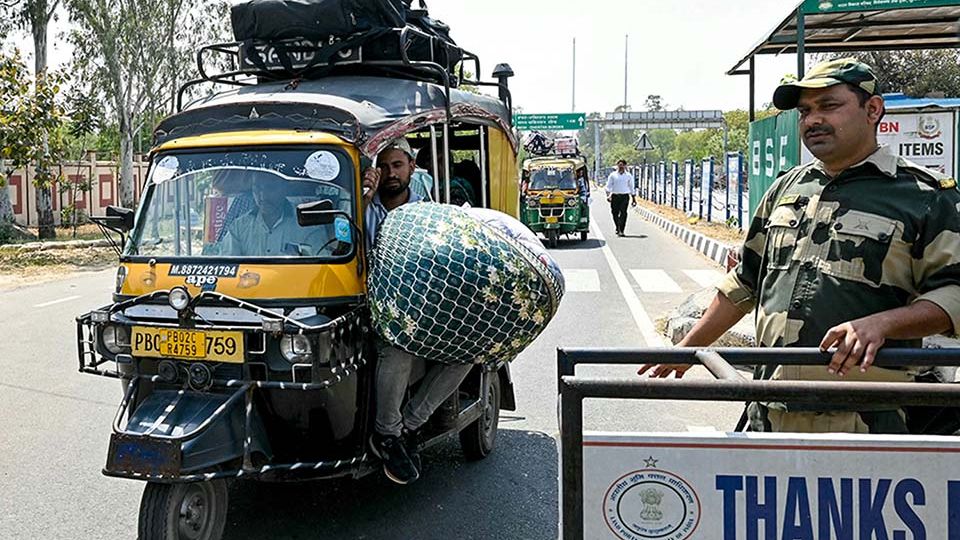April 28, 2025
ISLAMABAD – ASININE statements about Pakistan and India’s ‘1,500-year’ dispute over Kashmir are unlikely to help this corner of the world navigate its latest almost-war.
Directed efforts to reduce tensions and force diplomacy just might. It seems India may have overplayed its hand by jumping straight to accusations against its eastern neighbour, which the rest of the world has not been as ready to accept as it may have hoped. This should boost morale in Islamabad, and Pakistani authorities have made the right move by calling for a neutral, international probe into the Pahalgam tragedy.
But with America neck-deep in the Ukraine and Middle East crises, there seems to be little interest in Washington about the possible outcomes of the latest Pakistan-India flare-up. Various Trump administration officials have offered India their sympathies and some support, but not the validation New Delhi has desperately sought for its combative stance against Pakistan. But US President Donald Trump can do better than expect the two states to “get it figured out, one way or another”.
India’s extreme reaction to the attack has created a situation in which a global intervention may be necessary to create space for de-escalation, and Mr Trump, who claims to know the leadership of both countries, may be better placed than most to find a way out.
Meanwhile, others are already attempting to defuse the crisis. The foreign ministers of Saudi Arabia and Iran, both countries with strong relationships with India and Pakistan, have made phone calls to Islamabad and New Delhi, offering to mediate crisis talks.
The UN has called for maximum restraint and “meaningful mutual engagement”, with the UN spokesman telling media in New York that issues between the countries “can be and should be resolved peacefully through meaningful mutual engagement”. There is, after all, much at stake given both countries’ nuclear-armed status and propensity for conflict.
It is therefore far more mature to seek de-escalation through intermediation than to expect that the two countries, which even ordinarily refuse to talk to each other, will figure out their differences in the midst of a severe breakdown in trust.
It is hoped that other responsible world powers will also act before any mistake or misadventure occurs that could further inflame tensions. Sense needs to be restored so that the Pahalgam attack may be independently investigated and the victims given justice.


